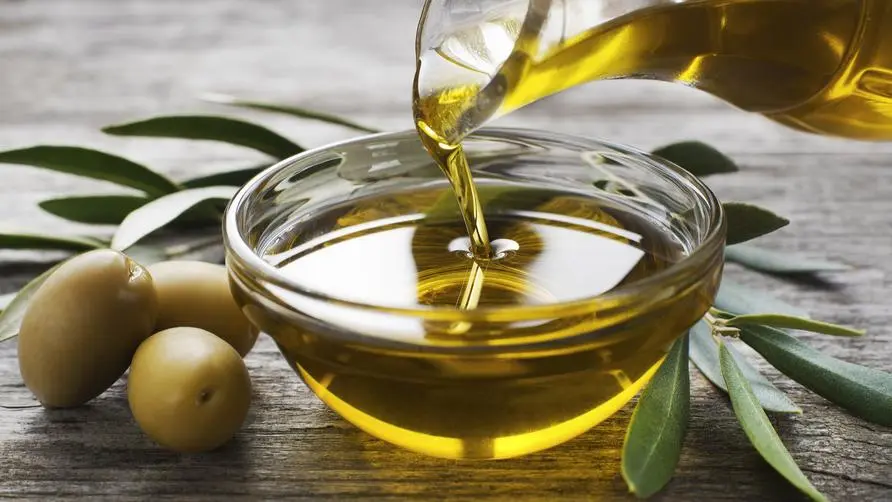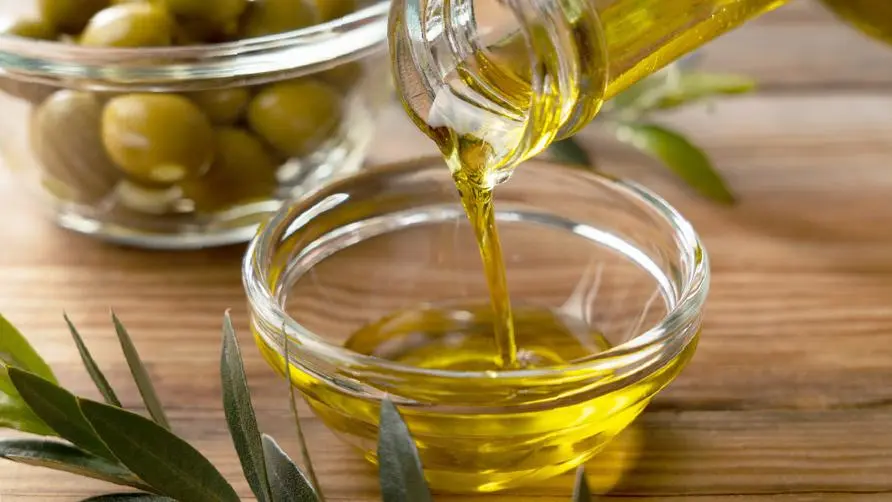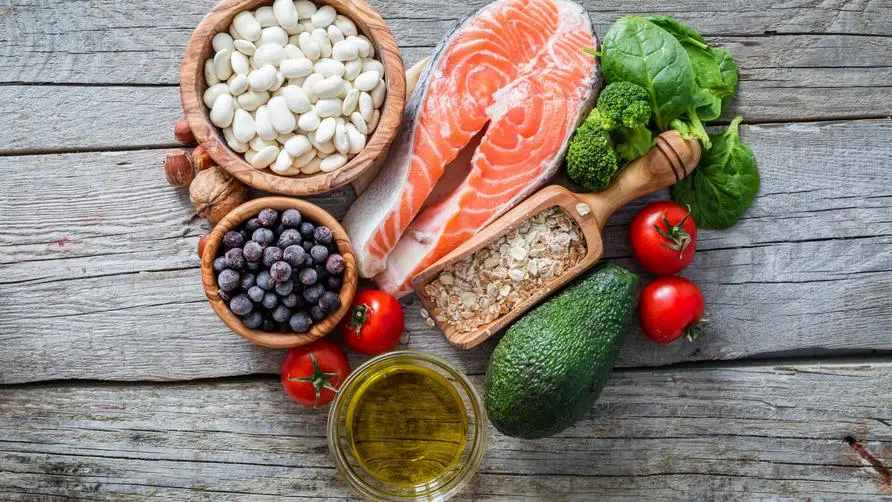A must-eat to protect your cardiovascular system? Research shows that eating 9 grams of olive oil a day can reduce cancer deaths by 17%

Olive oil protects cardiovascular health? Can eating 9 grams a day reduce the risk of cancer death?
“Olive oil” is considered a healthier source of fat than animal oils. Can increased olive oil intake actually improve cardiovascular health or reduce the risk of cardiovascular death? The American College of Cardiology recently released a long-term study on olive oil intake, claiming that olive oil has clear benefits for cardiovascular health.
The research team analyzed follow-up data from 60,582 women and 31,801 men since 1990, and conducted questionnaires on their eating habits every four years. The questionnaire asked subjects how often on average they consumed certain foods, types of fats and oils, and the types and brands of cooking oils they used. Through questionnaire collection, the study classified the respondents into four olive oil intake groups:
Category 1: Never consume olive oil, or less than once a month.
Category 2: No more than 4.5 grams per day.
Category 3: The daily intake is more than 4.5 grams but not more than 7 grams.
Category 4: Daily intake exceeds 7 grams.
The researchers compared the data of Type 1 subjects with Type 4 subjects and found that those who consumed olive oil most frequently had a 19% lower risk of death from cardiovascular disease, a 17% lower risk of death from cancer, and a 17% lower risk of death from respiratory diseases. The risk was reduced by 18%, and neurodegenerative disease mortality was reduced by 29%.
In addition, compared with subjects with lower olive oil intake, subjects with higher olive oil intake generally had better physical health and consumed relatively more fruits and vegetables. According to the study’s median figure, those who consume olive oil most frequently account for about 5% of the population, and the average intake is about 9 grams per day.
Olive oil instead of butter reduces mortality? Scholars: The relationship between intake and cardiovascular disease should be studied
The research team claimed that when olive oil was used to replace the daily intake of about 10 grams and other oils such as margarine, natural butter, mayonnaise and dairy products, the total mortality and cause-specific death of the subjects could be slightly reduced by 8- 34%. However, when the team used olive oil instead of other vegetable oils, it had no significant effect on reducing mortality and improving physical health.
Study author Marta Guasch-Ferré believes that increased olive oil intake may be related to higher socioeconomic status. People with high socioeconomic status are able to master more information and have higher health awareness than those from other socioeconomic classes.
However, Guasch-Ferré emphasized that the research statistics have adjusted for various variables and included people from different ethnic groups and social statuses in the study, and the trend of the results has remained unchanged. It indicates that olive oil intake has a relatively consistent impact on physical health regardless of race or socioeconomic status.
Co-author Susanna C. Larsson, associate professor of epidemiology at Karolinska Institutet in Stockholm, Sweden, believes that previous studies have claimed that consuming olive oil may have health benefits. However, there are several important issues with this statement. For example, how much olive oil must be consumed to produce cardiovascular protection? How much intake would cause a burden to cardiovascular patients? These are questions that need to be clarified.
Larsson said that it is not clear what the causal relationship between olive oil and improving cardiovascular disease is. It cannot be determined whether olive oil can prevent cardiovascular disease or whether patients with cardiovascular disease can improve their symptoms by consuming olive oil. However, some scholars believe that there is no significant difference in the daily intake of olive oil among the control groups in this study, and it is difficult to conclude that this is the reason for the impact on mortality and cardiovascular health.
Overall, more research is needed to clarify whether olive oil has a specific protective effect against cardiovascular diseases (such as stroke and atrial fibrillation), or whether it has positive effects on other cardiovascular problems.
source:
Consumption of Olive Oil and Risk of Total and Cause-Specific Mortality Among US Adults
Higher Olive Oil Intake Associated with Lower Risk of CVD Mortality
Further reading:





